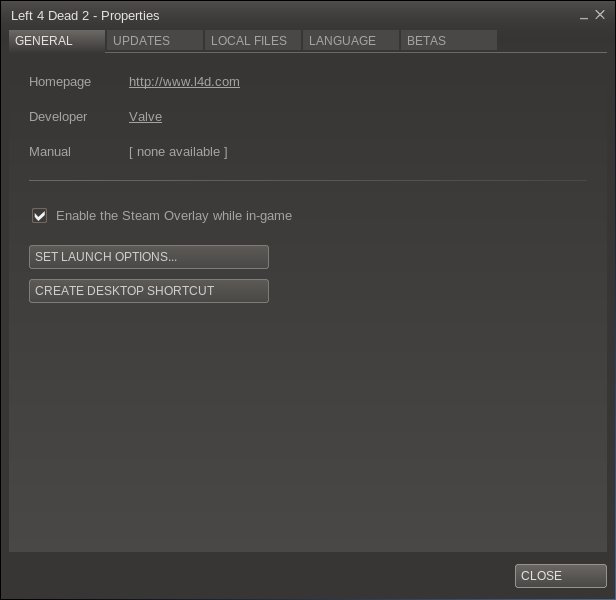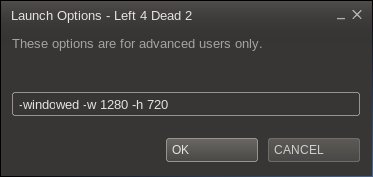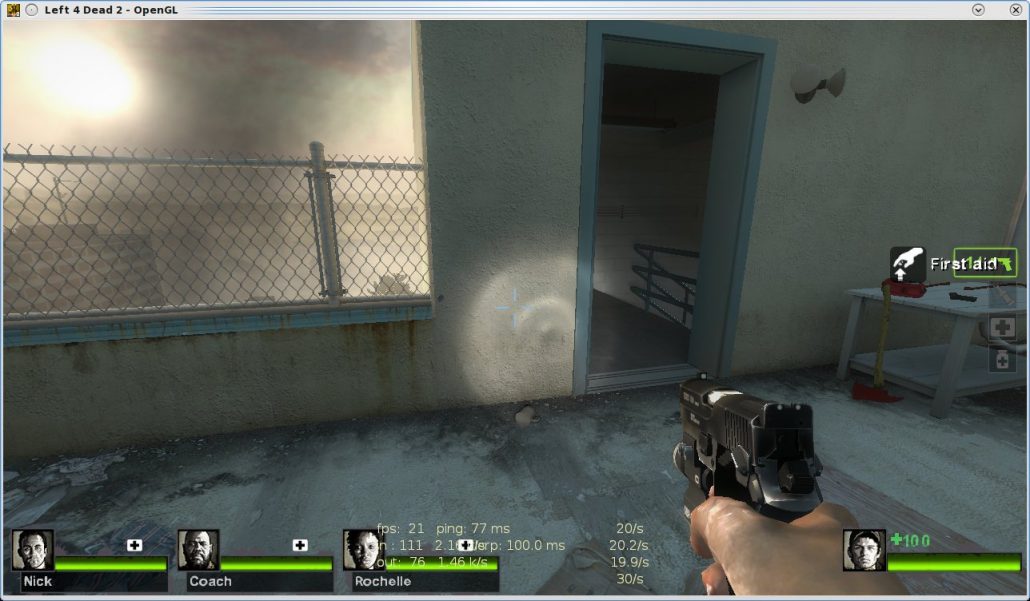The fact that Steam have decided to only officially support .deb based distributions, and only relatively recent ones at that has been a pet peeve of mine for quite some time. While there are ways around the .deb only official package availability (e.g. alien), the library requirements are somewhat more difficult to reconcile. I have finally managed to get Steam working on EL6 and I figure I’m probably not the only one interested in this, so I thought I’d document it.
Different packages required to do this have been sourced from different locations (e.g. glibc from fuduntu project, steam src.rpm from steam.48.io (not really a source rpm, it just packages the steam binary in a rpm), most of the rest from more recent Fedoras, etc.). I have rebuilt them all and made them available in one place.
You won’t need all of them, but you will need at least the following:
glibc-2.15-60.el6.i686.rpm
glibc-2.15-60.el6.x86_64.rpm
glibc-common-2.15-60.el6.x86_64.rpm
glibc-devel-2.15-60.el6.x86_64.rpm
glibc-headers-2.15-60.el6.x86_64.rpm
libtxc_dxtn-1.0.0-2.1.i686.rpm
SDL2-2.0.3-2.el6.i686.rpm
steam-1.0.0.39-2.i686.rpm
xz-5.0.5-1.el6.x86_64.rpm
xz-compat-libs-5.0.5-1.el6.x86_64.rpm
xz-libs-5.0.5-1.el6.x86_64.rpm
xz-lzma-compat-5.0.5-1.el6.x86_64.rpm
First install some the dependencies from the standard distribution packages:
yum install gtk2-engines.i686 \
openal-soft.i686 \
alsa-plugins-pulseaudio.i686 \
gtk+.i686The install the updated packages:
rpm -Uvh glibc-2.15-60.el6.i686.rpm \
glibc-2.15-60.el6.x86_64.rpm \
glibc-common-2.15-60.el6.x86_64.rpm \
glibc-devel-2.15-60.el6.x86_64.rpm \
glibc-headers-2.15-60.el6.x86_64.rpm \
libtxc_dxtn-1.0.0-2.1.i686.rpm \
SDL2-2.0.3-2.el6.i686.rpm \
steam-1.0.0.39-2.i686.rpm \
xz-5.0.5-1.el6.x86_64.rpm \
xz-compat-libs-5.0.5-1.el6.x86_64.rpm \
xz-libs-5.0.5-1.el6.x86_64.rpm \
xz-lzma-compat-5.0.5-1.el6.x86_64.rpmIf you have pyliblzma from EPEL installed (required by, e.g. mock), updated xz-lzma-compat package will trigger a python bug that causes a segfault. This will incapacitate some python programs (yum being an important one). If you encounter this issue and you must have pyliblzma for other dependencies, reinstall the original xz package versions after you run steam for the first time. Updated xz only seems to be required when the steam executable downloads updates for itself.
Finally, run steam, log in, and let it update itself.
One of the popular games that is available on Linux is Left 4 Dead 2. I found that on ATI and Nvidia cards it doesn’t work properly in full screen mode (blank screen, impossible to Alt-Tab out), but it does work on Intel GPUs. It works on all GPU types in windowed mode. Unfortunately, it runs in full screen mode by default, so if you run it without adjusting its startup parameters you may have to ssh into the machine and forcefully kill the hl2_linux process. To work around the problem, right click on the game in your library, and go to properties:

Click on the “SET LAUNCH OPTIONS…” button:

You will probably want to specify the default resolution as well as the windowed mode to ensure the game comes up in a sensible mode when you launch it.
Add “-windowed -w 1280 -h 720” to the options, which will tell L4D2 to start in windowed mode with 1280×720 resolution. The resolution you select should be lower than your monitor’s resolution.

If you did all that, you should be able to hit the play button and be greeted with something resembling this:

ATI cards using the open source Radeon driver (at least with the version 7.1.0 that ships with EL6) seem to exhibit some rendering corruption, specifically some textures are intermittently invisible. This leads to invisible party members, enemies, and doors, and while it is entertaining for the first few seconds it renders the game completely unplayable. I have not tested the ATI binary driver (ATI themselves recommend the open source driver on Linux for older cards and I am using a HD6450).
Nvidia cards work fine with the closed source binary driver in windowed mode, and performance with a GT630 constantly saturates 1080p resolutions with everything turned up to maximum. I have not tested with the nouveau open source driver.
With Intel GPUs using the open source driver, everything works correctly in both windowed and full screen mode, but the performance is nowhere nearly as good as with the Nvidia card. With all the settings set to maximum, the performance with the Intel HD 4000 graphics (Chromebook Pixel) is roughly the same at 1920×1200 resolution as with the Radeon HD6450, producing approximately 30fps. The only problem with playing it on the Chromebook Pixel is that the whole laptop gets too hot to touch, even with the fan going at full speed. Not only does the aluminium casing get too hot to touch, the plastic keys on the keyboard themselves get painfully hot. But that story is for another article.
